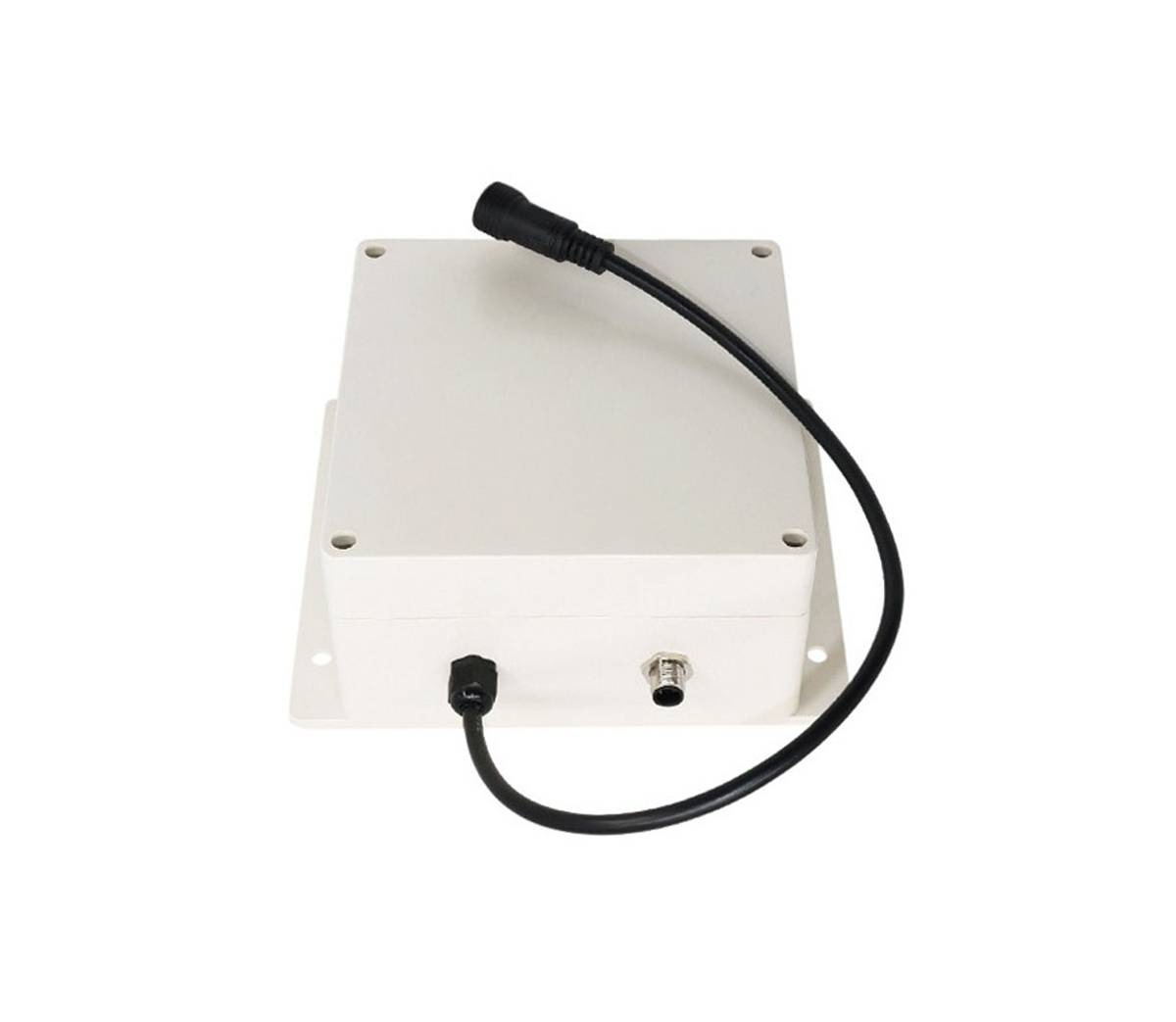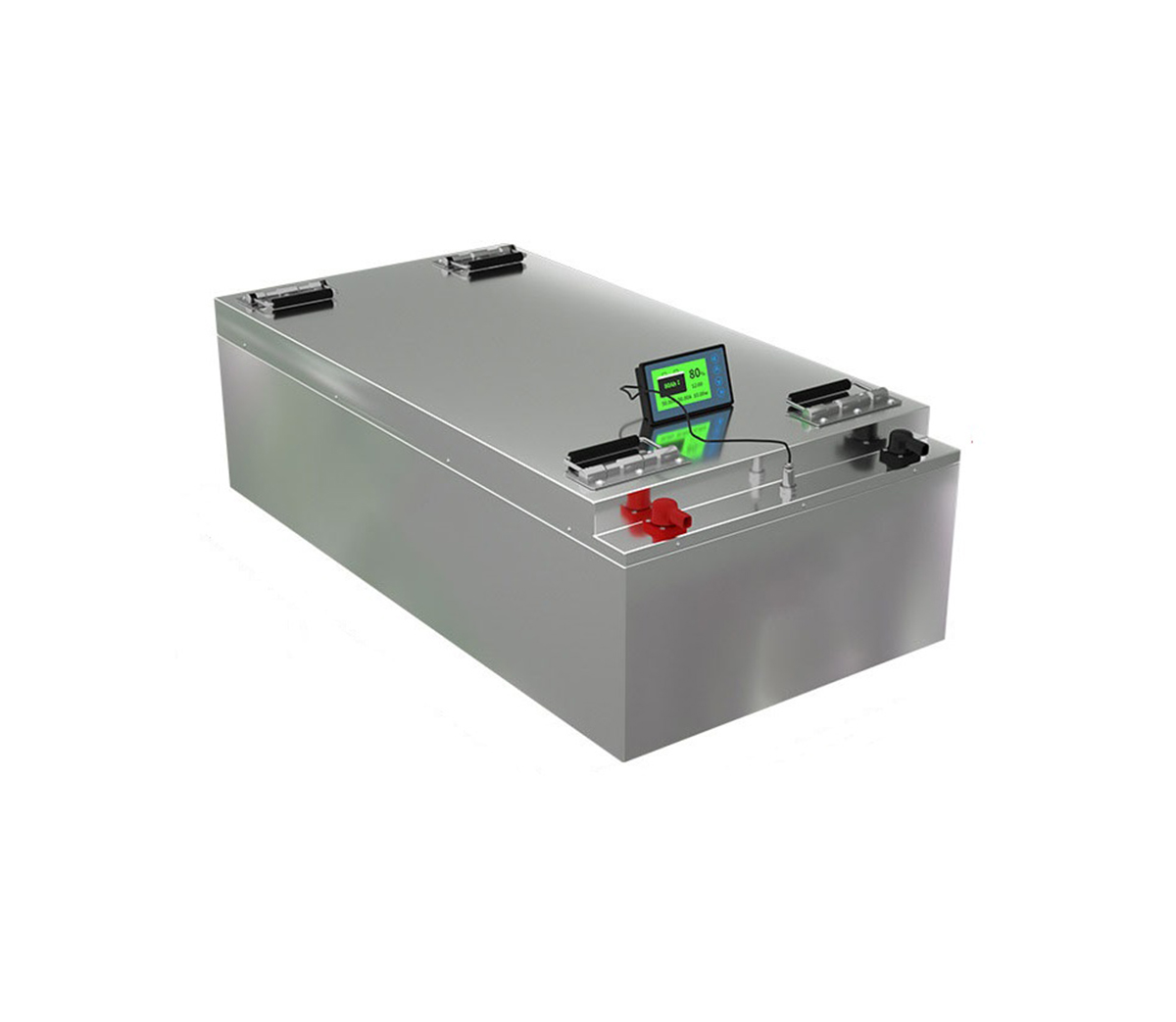
In a pure electric vehicle, the power battery pack is one of the core
components, which occupies a very high proportion of the vehicle manufacturing
cost, and its performance directly affects the driving performance and safety of
the vehicle. The power batteries used in early pure electric vehicles were
mostly lead-acid batteries. Due to their low energy density, short cruising
range, and short service life, this type of battery was gradually replaced by
products such as lithium-ion batteries with outstanding advantages.
The currently vigorously developed new energy vehicles are mainly divided
into three categories: these three types of electric vehicles have their own
different structures and working principles, forming their own different
characteristics, and they are also at different stages of development. Pure
electric vehicles use on-board power battery packs (such as lithium-ion
batteries, lead-acid batteries, nickel-metal hydride batteries and
nickel-cadmium batteries, etc.) as their only energy source, and are equipped
with high-power motors to drive the car. Therefore, unlike traditional internal
combustion engine vehicles The biggest difference is the unique electric drive
and control system of pure electric vehicles. Compared with hybrid electric
vehicles, pure electric vehicles have low noise, no pollution, zero emissions,
and a simpler chassis structure. Compared with fuel cell vehicles, all aspects
of technology are relatively more mature, and they have higher reliability and
safety. Therefore, pure electric vehicles have been highly valued by governments
and car companies around the world, and many companies have achieved mass
production and started demonstration operations in certain areas.
In a pure electric vehicle, the power battery pack is one of the core
components, which occupies a very high proportion of the vehicle manufacturing
cost, and its performance directly affects the driving performance and safety of
the vehicle. The power batteries used in early pure electric vehicles were
mostly lead-acid batteries. Due to their low energy density, short cruising
range, and short service life, this type of battery was gradually replaced by
products such as lithium-ion batteries with outstanding advantages. Lithium-ion
batteries have attracted the attention and use of many electric vehicle
manufacturers at home and abroad due to their high charge and discharge
efficiency, high energy density, and strong endurance.
Although lithium batteries have more advantages than other types of
batteries, they are also limited by factors such as cell materials and current
manufacturing processes, resulting in differences in internal resistance,
capacity, and voltage between single-cell lithium batteries. In practical
applications, the individual cells in the battery pack are prone to uneven heat
dissipation or excessive charging and discharging. Over time, these batteries in
poor working conditions are likely to be damaged in advance, and the overall
life of the battery pack is greatly shortened. Not only that, there is a danger
of explosion when the battery is in a severely overcharged state, which causes
damage to the battery pack and also threatens the safety of the user's life.
Therefore, it is necessary to equip the power battery pack on the electric
vehicle with a set of targeted battery management system (Battery Management
System, BMS), so as to effectively monitor, protect, energy balance and fault
alarm of the battery pack, thereby improving the entire power battery pack Work
efficiency and service life.
As the monitoring and management center of the battery pack of pure
electric vehicles, the battery management system must monitor the temperature,
voltage, charge and discharge current and other related parameters of the
battery pack in real time and dynamically. The battery pack presents dangers
such as overcharging, overdischarging, overheating, and short circuit. In
addition, the system must accurately estimate the battery's SOC during the
entire life cycle of the battery pack, and timely feed back key information such
as remaining power, driving range, and abnormal faults to the driver in a
suitable manner. Complete the data exchange function between the system and the
vehicle ECU or host computer in a suitable way.
However, these are the functions and performances of BMS that can be
achieved under the best design and ideal conditions. At present, from various
electric vehicle accidents related to power batteries or the overall performance
of related BMS products actually applied to automobiles It can be seen from the
performance that the functions of the currently widely used battery management
system are not perfect, the technology is not mature enough, the scope of use is
limited, and the versatility is not strong. It can be summarized in the
following five aspects:
①The accuracy of the battery management system's collection of related
parameters of the power battery pack is not accurate enough under long-term
use.
②The battery management system has not yet fully realized the accurate
estimation of the SOC value of the power battery pack during the entire life
cycle.
③The control effect of the energy balance among the individual cells in the
battery pack needs to be further improved.
④Battery management system has insufficient self-diagnosis and
self-maintenance functions for itself and battery packs.
⑤The battery management system products currently appearing are generally
targeted, with limited scope of use, and their portability and versatility are
not strong enough.



































